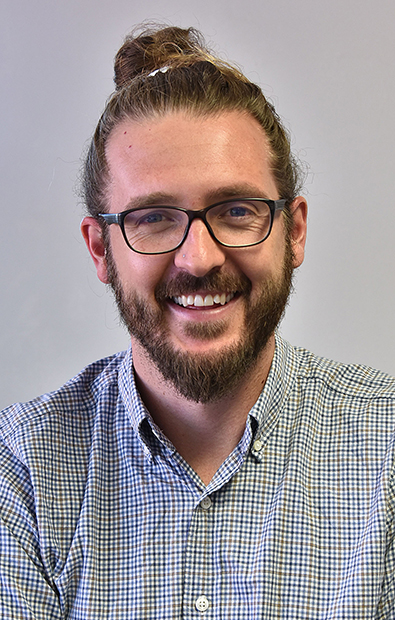Latest News Archive
Please select Category, Year, and then Month to display items
01 June 2023
|
Story Nicole Bongo
|
Photo Supplied
 University of the Free State students participating in one of the many projects coordinated by the Engaged Scholarship Office.
University of the Free State students participating in one of the many projects coordinated by the Engaged Scholarship Office.
To help make a change and push for sustainable development, the University of the Free State Division of Student Affairs works with communities around Bloemfontein fostering a culture of creating sustainable solutions.
Gernus Terblanche, Kovsie Support Services and Assistant Researcher in the Division says, ‘it is important for the university to be actively involved in the community as it makes up such a large portion of the Bloemfontein and students also
represent many different communities on and off- campus.’
Terblanche said: “As an educational institution it is vital for the UFS to support and guide students towards creating innovative solutions; both local and globally. Our experience is that students often come up with real solutions that can
make a real impact in the lives of real people – and it would be crucial to support such initiatives.”
The office has worked with BloemShelter, VermiVillage, GAP Equip, National Hospital and as part of the programmes of 2022 also with Lighuis, Talita Cumi, ROC Kids and the Universitas Neighborhood association. “We are also very fortunate to have,
Shanen Emam, Miss Free State 2023 as one of our students that are involved with our programmes,” added Terblanche.
One of the students involved is Prince Sijane, Bloemfontein Campus Student Representative Council member responsible for Civic and Social Responsibility when asked why student participation is important, he said, “By actively participating in
initiatives that address social issues or promote community well-being, students become more aware of the challenges faced by society.”
Tereblanche said: “The produce of these gardens addresses hunger and malnutrition amongst students on campus. KovsieACT also facilitates an eco-vehicle project during which student teams learn how to build electric vehicles powered by solar charging
stations. This project is aimed at developing skills appropriate to the 4th Industrial Revolution and sustainable resources development including clean and green energy.”
Newton Fellow at UFS focuses on land and labour
2017-10-28

Dr Rory Pilossof
Photo: Charl Devenish
Dr Rory Pilossof is a senior lecturer in economics at the University of the Free State (UFS), a Postdoctoral Fellow at the International Studies Group at UFS, and a Research Fellow at the University of Kent in the UK.
He became interested in his research field when he studied land reform and land issues in Zimbabwe for his PhD at the University of Sheffield. From there, his research interests have expanded to look at other issues connected to land, such as whiteness and labour.
Dr Pilossof's study field links up with the important issue of land reform in Southern Africa due to its past colonialism and post-colonial politics of land and land ownership. These intersect with a wide range of labour issues that are pressing in the region. He has a keen interest in elite transitions and changes in economic structure in Southern Africa since the 1960s.
Dr Pilossof was nominated to the South African Young Academy of Science in 2017, and received an NRF Y1 rating during 2017. He is also a member of the Amsterdam-based International Institute for Social History’s ‘Global Collaboratory on the History of Labour Relations’. He is a participant in the Leverhulme Trust-funded initiative ‘Comparative History of Political Engagement in Western and African Societies Programme’ at the University of Sheffield.
Dr Pilossof's primary research focuses on issues of land, labour and changing social and economic structures in Zimbabwe and South Africa. He is also interested in finding alternative ways of looking at change. To this end, he has studied various newspapers and periodicals in the region.
Currently, he spends most of his research time as part of a three-year British Academy-funded Advanced Newton Fellowship into labour relations and occupational structures. In future, he wants to expand his research in the labour field by looking at labour and migration in the region over the course of the 20th century.